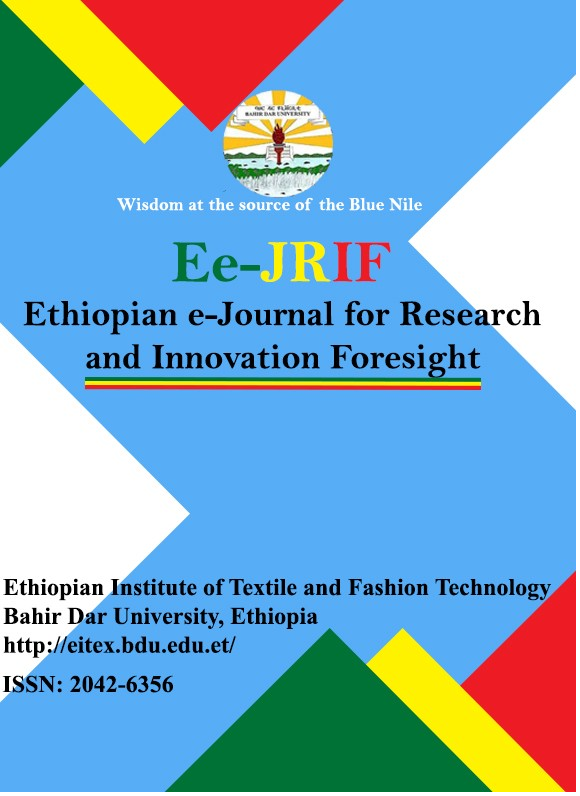The Use of Mushroom Mycelia in the Textile Industry: A Sustainable Approach to Fabric Innovation
Abstract
The textile industry is continuously exploring sustainable and innovative materials to reduce environmental impacts while meeting consumer demands. Mushroom mycelia, the vegetative part of fungi, have emerged as a promising alternative for textile production due to their renewable, biodegradable, and eco-friendly nature. This study examines the potential of mushroom mycelia as a sustainable material for textile applications, focusing on its properties, production methods, and industrial feasibility. Key characteristics such as tensile strength, flexibility, breathability, and water resistance of mycelium-based fabrics were evaluated and compared with traditional textiles. The study highlights the adaptability of mycelium to grow on agricultural waste substrates, offering dual benefits of waste valorization and cost-effective production. Furthermore, mycelium-based textiles were tested for their dye absorption, antimicrobial properties, and durability, demonstrating their viability in various fashion and functional applications. The findings underscore the role of mushroom mycelia in reducing the carbon footprint and water usage associated with conventional textile manufacturing processes. However, challenges such as scalability, production consistency, and consumer acceptance remain critical areas for further exploration. This research provides a foundation for integrating mushroom mycelia into the textile industry, promoting circular economy practices and advancing sustainable development goals.
Copyright (c) 2025 Ethiopian e-Journal for Research and Innovation Foresight (Ee-JRIF)

This work is licensed under a Creative Commons Attribution-NonCommercial 4.0 International License.

